Native British Honeybee
Bees & Co. is home to the native British honeybee. Our mother stock is strong, native Apis mellifera mellifera.
As members of BIBBA (the Bee Improvement and Bee Breeders Association), we are keen to encourage beekeepers to use native, or near-native, stock, which has several benefits over commonly popular, imported stock, such as Buckfast or Carniolan:
- Imported stocks increase biosecurity and environment loading risks, which are of significant concern to organisations such as DEFRA and the wider scientific community.
- Native bees are by their very nature better adapted to geographical and environmental challenges of the country they are from. Lincolnshire, where our farm is based, is notoriously flat and exposed to wind.
- Native British bees actively forage in cold and even wet weather.
- Near native bees involve less costs; less carbon footprint and less environmental impact and are therefore cheaper, which can be especially useful when replacing a failing queen.
- We have used and handled non-native Buckfast and Carniolan bees and while native and near-native bees are not as docile as Buckfast, we have not found them to be any more aggressive when handled calmly and properly.
Our queens are sent to you in a queen cage with fresh fondant (with added amino acids and vitamins) and 6-8 attending workers. We use Royal Mail Special Delivery Next Day as standard to reduce stress on the bees and this is included in the price. There is no VAT charged on livestock.
If you would like your queen marked, please select this option. We do not clip queens under any circumstances.
Characteristics
Treating organically for varroa, using no chemical miticides, we rear our queens selectively for varroa resistance. This is achieved by regular monitoring for varroa mite presence in each rearing colony and selecting to breed from only those queens from colonies showing the best mite resistance.
Only two other characteristics are actively bred for, which are calmness in temperament (demonstrated by no active aggression and stinging), and overall health (demonstrated by a balance of brood and food, with good foraging capability and honey production).
PLEASE NOTE:
A limited number of queens are available each season and sold on a first come, first served basis. We are now taking orders for grafting in May and expected delivery (weather depending) in June.
Jez has written some notes on how we introduce queens into nucs and occasionally full colonies, should you need guidance. Click here to read his notes.
Queens found deceased on arrival will be replaced at no charge, subject to availability, providing you immediately return the unopened cage. Queens will be replaced once only. If no further queens are available a full refund will be given.
There are a number challenges when re-queening honeybee colonies, especially in inclement weather. We cannot be held responsible for this.
As part of our integrated disease management program, we protect our colonies against varroa organically using oxalic acid sublimation in winter, and in autumn alternating between formic acid by evaporation, thymol, or oxalic acid.
Bred By Us
Our native British Amm. queens are bred by Jez in our breeding apiary near the farm. Jez has studied under beekeeping luminaries including Professor Thomas Seeley and Roger Patterson, with a keen interest in native queen rearing. He is a member of BIBBA (the Bee Improvement and Bee Breeders Association) and graduates from Cornell University’s Master Beekeeper program in 2020.

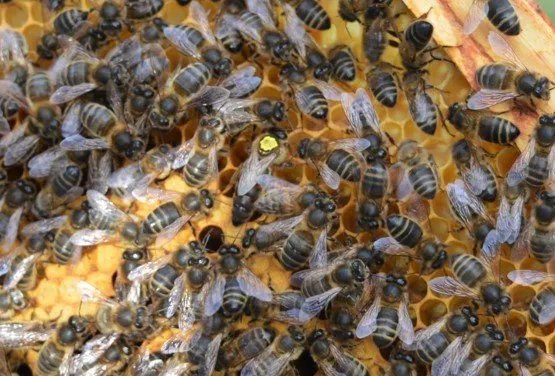
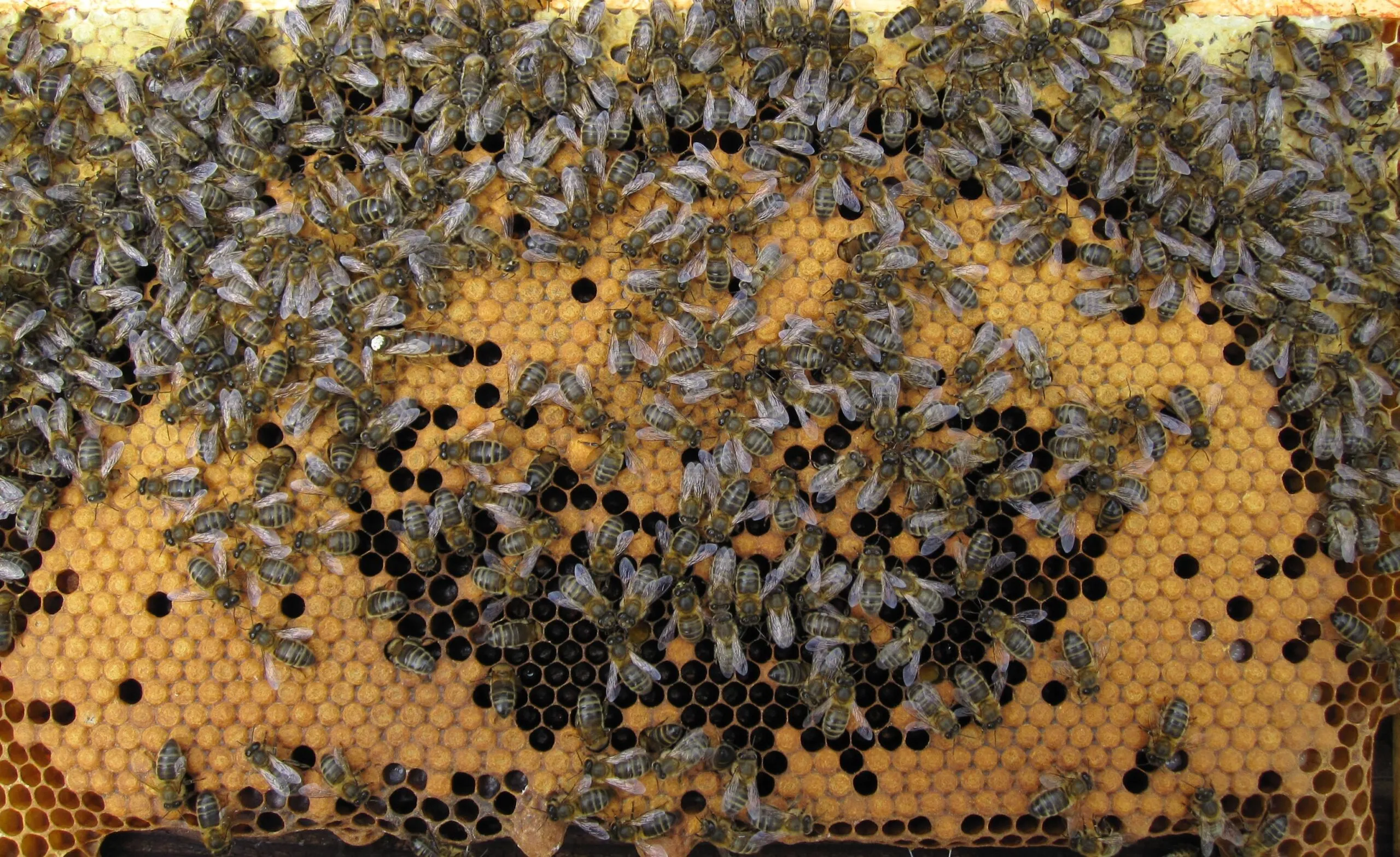
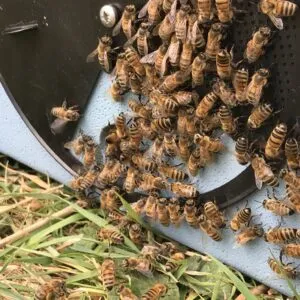
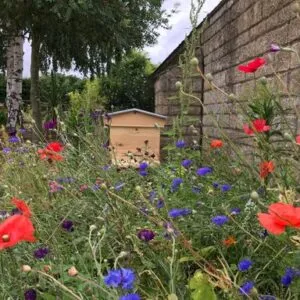
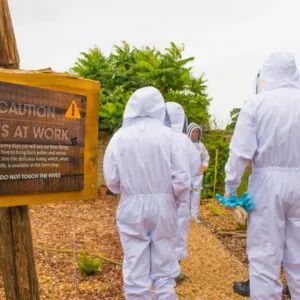
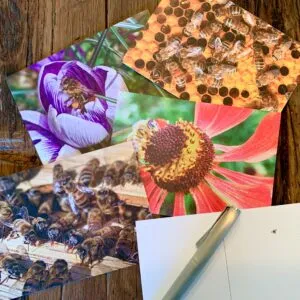
Reviews
There are no reviews yet.